Effects of Nationalism in Europe in the Early 1900s
Nationalism in Europe was a big deal in the early 1900s because it caused a rivalry between the Great Powers of. Citizens of many countries were unhappy with the economy and the way things were in their states.
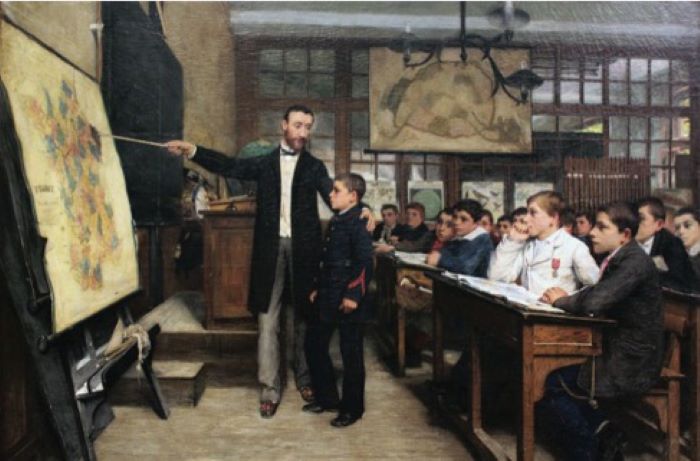
Read Origins And Impacts Of Nationalism Article Khan Academy
Which of the following events caused Britain to fight in WWI.
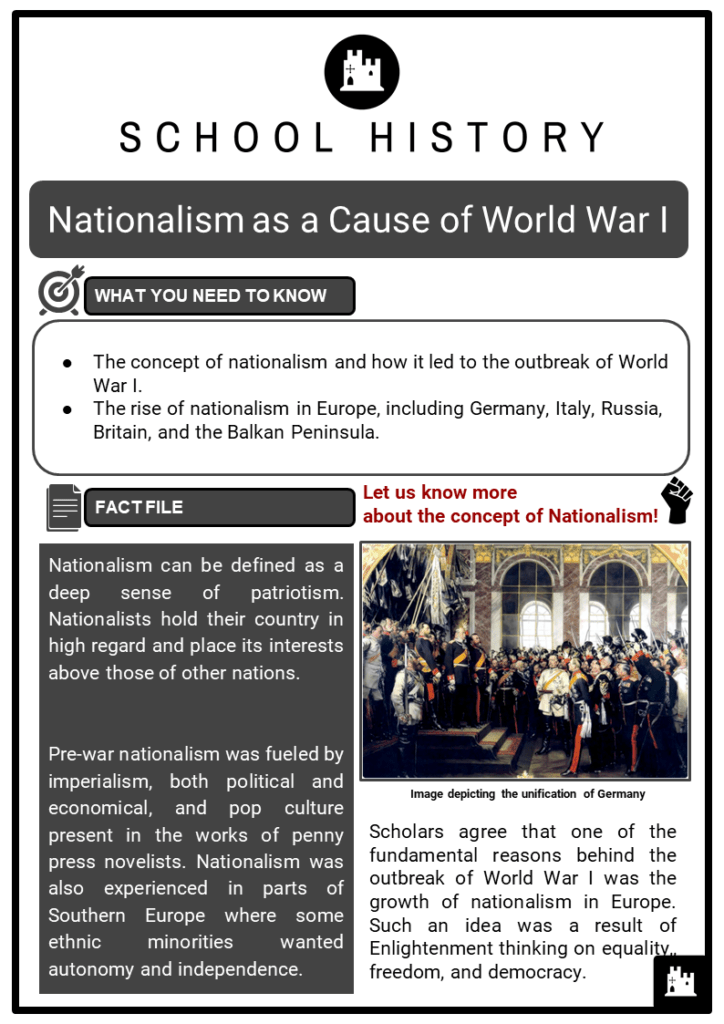
. Which of the following was an effect of nationalism in Europe in the early 1900s. Austria feared increasing rebellion among its subjects. For which of the following reasons did the Schlieffen Plan fail.
Citizens of many countries were unhappy with the economy and the way things were in their states. Britain made an alliance with France. Countries formed a union to protect European political interests.
Well the most important effect of nationalism in Europe in 1900s was the World Wars. Alliances between groups of nations led to World War I. - 1171241 Brains19 Brains19 04042016 Social Studies Middle School answered What was an effect of nationalism in Europe during the early 1900s.
During the 1800s and early 1900s there was many causes that led to the start of the first world war. What was an effect of nationalism in Europe during the early 1900s. This arrangement seemed to jeopardize existing agreements which.
Italy- In the early 1800s Italian patriots were determined to build a new unified Italy. Who was the British colonel who helped Arab nationalists free their nations from the Ottoman empire. Which event made Britain enter World War I.
Which of the following was an effect of the new submarine. Nationalism During The 1800s And Early 1900s. Why was there tension in Europe in the 19th century.
Austria feared increasing rebellion among its subjects. 1 See answer Advertisement. Nationalism is pride in ones nation.
The term Creole nationalism or Criollo nationalism refers to the ideology that emerged in independence movements among the Criollos descendants of the European colonizers especially in Latin America in the early 19th century. The most significant nationalistic phenomena of the nineteenth century arguably was the unification of Germany and Italy essentially creating two of the substantial modern-day nations that we recognize as coherent parts of Europe. Countries learned to work together for the good of all Europe.
The Prussian king William I was proclaimed Emperor of Germany. What was the effect of nationalism in Europe in the early 1900s. For which reason did the Schlieffen Plan fail.
How did nationalism affect Latin America in the early 1900s. Everybody wants to be the biggest and to be the best and thats why these countries were thirsty for war. In what ways did the US impact Latin America in the early 1900s.
To suggest that religion played some role in the delayed unification of these territories is of course obvious. This along to the critical approach towards other nations and the growing national socialism led to the outbreak of military conflicts pogroms and eventually the. Which item below was an effect of nationalism in Europe in the early 1900s.
Some of these effects were social political and economic. France was completely defeated in the war Battle of Sedan. The German victory led to the political unification of Germany.
Countries decided to adopt a common language. Why did Austria fear increasing rebellion. Revolutionaries overthrew the Russian government.
Nationalism or devotion to ones national group was an important force in Europe during the 1800s. In the late 1800s and the early 1900s it was nationalism that was both a uniting and troublesome force. Well the most important effect of nationalism in Europe in 1900s was the World Wars.
The United States entered. Citizens of many countries were unhappy with the economy and the way things were in their states. It led to stronger central governments less foreign influence and more pride in Latin American cultures.
Although many suggest that nationalism impacted the most i think imperialism was the main cause of WW1. Became Kaiser in 1888 and launched a campaign to expand German territory and strengthen its military power. Citizens of many countries were unhappy with the economy and the way things were in their states.
Pillsburyb Last modified by. Nationalism affected Europe during the 19th century by making Europeans feel superior to other countries and governments which led to the unification of both Germany and Italy with Russia moving towards modernization and with France moving towards liberalism. Well the most important effect of nationalism in Europe in 1900s was the World Wars.
Which item below was an effect of nationalism in Europe in the early 1900s. Terms in this set 35 Which of the following was an effect of nationalism in Europe in the early 1900s. Aggressive nationalism and militarism in Germany would later add to increased tensions on the eve of World War I.
382011 40200 PM Other titles. The spirit of nationalism brought about the unification of Germany. What was an effect of nationalism in Europe in the early 1900s.
One cause of the growth of nationalism was Europes political boundaries. Creole nationalists wanted an end to control by European powers. Greece Belgium and Poland all fought for independence early in the century sparking nationalist movements in Italy Germany Austria and Russia.
Well the most important effect of nationalism in Europe in 1900s was the World Wars. AP European History Nationalism 1848-1914 M. Citizens of many countries were unhappy with the economy and the way things were in their states.
Russia mobilized its army quickly. What was an effect of nationalism in Europe during the early 1900s. Well the most important effect of nationalism in Europe in 1900s was the World Wars.
Holloway Page 3 Dispute between two groups of Christians over privileges in the Holy Land Palestine 1852 Turks who controlled the region negotiated an agreement with France to provide enclaves in the Holy Land to Roman Catholic religious orders. What were some of the effects of nationalism in Europe from about 1900 to 1914. This sense of superiority led to a stronger sense of unity between the peoples of each country and.
Germany sought additional colonial territories. Austria feared rebellion among its subjects. What was an effect of nationalism in Europe during the early 1900s.
What was an effect of nationalism in Europe during the early 1900s Author. Within a short time a united Germany emerged as a powerful force in European polity.

Nationalism As A Cause Of World War I Key Facts Worksheets
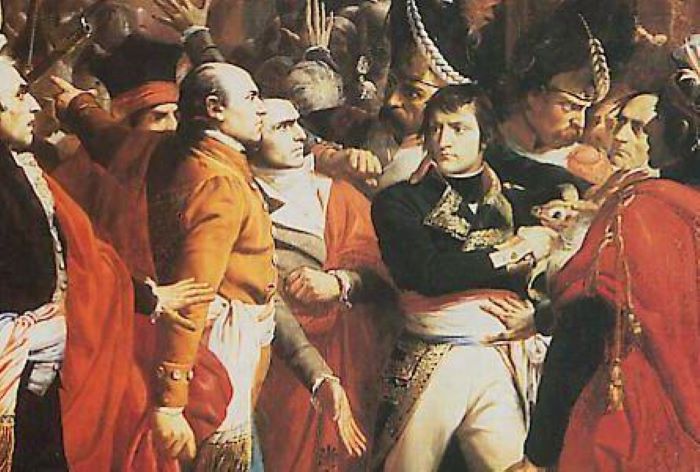
Read Origins And Impacts Of Nationalism Article Khan Academy

Nationalism European Nationalism Britannica

Nationalism European Nationalism Britannica
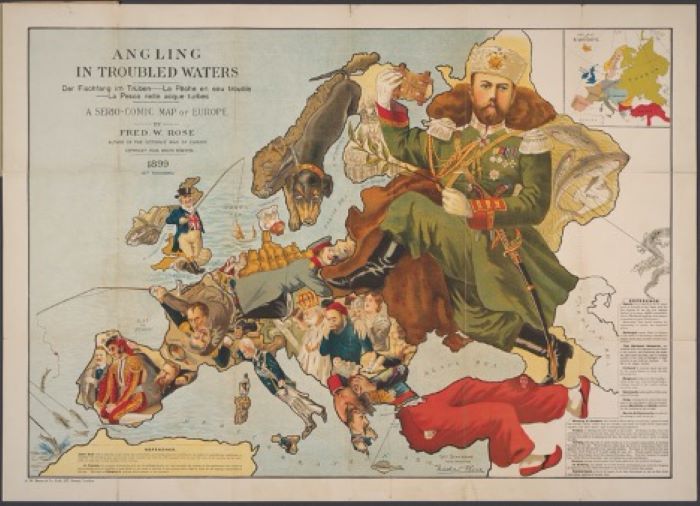
Read Origins And Impacts Of Nationalism Article Khan Academy
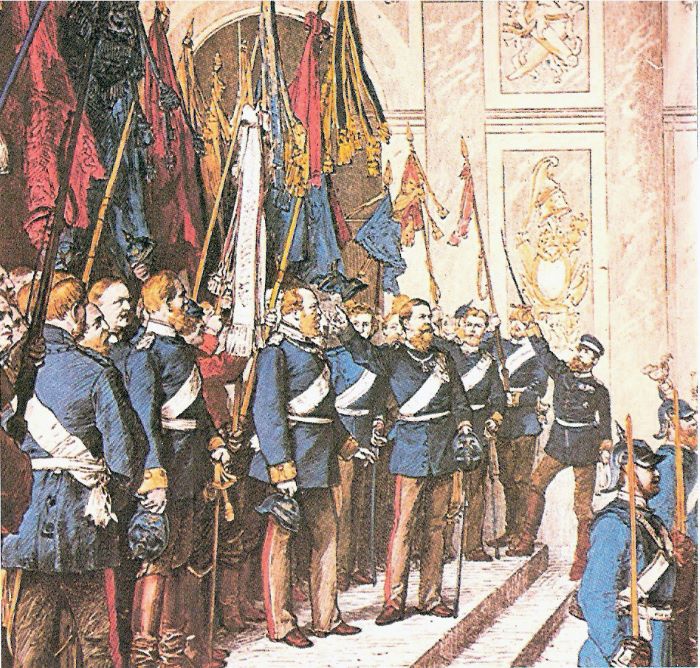
Read Origins And Impacts Of Nationalism Article Khan Academy
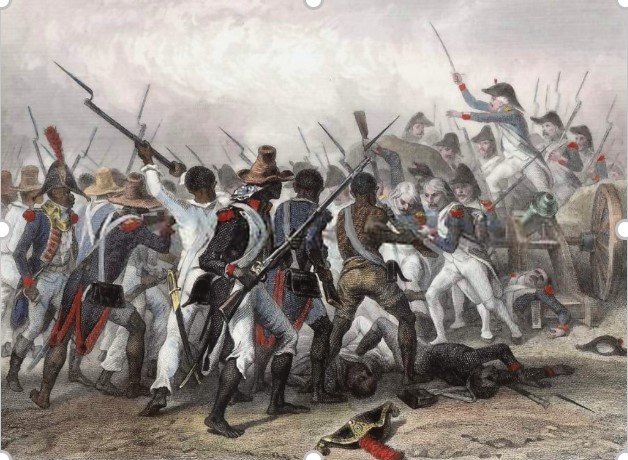
Read Origins And Impacts Of Nationalism Article Khan Academy


Comments
Post a Comment